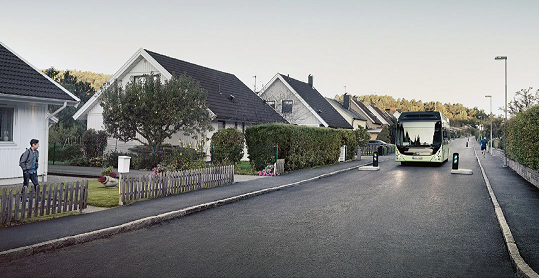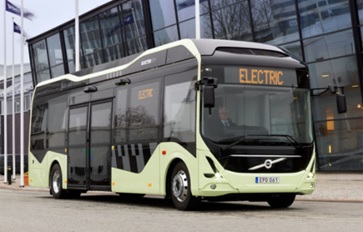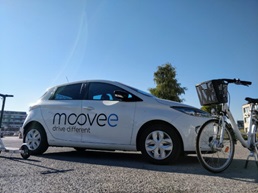
- Citizens explore the future of CAVs

The PAsCAL’s 5 pilots use connected autonomous vehicles in the real world, providing citizens the opportunity to test their effectiveness
The context
The PAsCAL (Enhance driver behaviour and Public Acceptance of Connected and Autonomous vehicLes) project, funded within the H2020 programme of the European Commission, has officially launched its pilot testing phase. Each of the 5 pilots will focus on different aspects of Connected Automated Vehicles (CAVs) within existing transportation networks. An array of effects on social, economic, safety and inclusive key performance indicators will be analysed and considered to further advance the development and improve the available solutions on the market today and guarantee the wide market uptake of the solutions. Furthermore, the general public’s awareness of these technologies as well as of any potential use-cases both today and in the future.
In order to correctly evaluate and capture the participant’s sentiments and opinions on these key issues, the PAsCAL partners rely on user-related data, public opinion surveys and feedback from participants and partners alike
The pilots
The pilot deployments will give a unique and novel insight into the way humans interact with CAVs and assess the importance humans play within the network ranging from passengers to training needs of drivers and driving instructors. In particular, the challenges and potentials of CAVs for vulnerable passengers with disabilities or mobility constraints is of great interest and has never been considered in such a scope before.
Every participant in one of the pilots will be asked to fill out a questionnaire, which has been carefully constructed following the FESTA methodology as well as fresh insights from the PASCAL partners. The common pilot methodology design ensures that all pilots will be feasible and most importantly comparable. Furthermore, the partners considered an inexhaustible list of readily available questionnaires and adapted their questionnaires to the key factors of the successful surveys (simple and direct language, short questionnaires). While authoring the questionnaires, special attention has been paid to ensure that each question is FAIR (Findable, Accessible, Interoperable and Reusable) and easily understandable by any participant, regardless of their social, economic, educational or linguistic background. To complete all criterions to qualify as a Field Operational Test (FOT), further measurements and observations (in form of Incident Report Forms for managers, video recordings, interviews, focus discussion groups and HMIs) will be also documented to ensure the objective and detailed evaluation of the pilot technologies and propose viable and effective improvements.
Five pilots have been planned and scheduled to take place over the course of nine months in 2021 using an iterative wave approach to guarantee the easy adaptability and expandability of the pilots and Key Performance Indicators:
High-capacity autonomous bus operations:
Passengers, drivers and other road users will test and review the Volvo 7900 electric autonomous bus in Luxemburg and Sweden under normal day-to-day traffic conditions and give their feedback on their acceptance of the service before and after testing the bus service themselves.

Autonomous driving training:
A level 3+ CAV will be assessed at the Lainate safe driving centre in Milano, Italy by non- and professional drivers. As a result, a detailed and comprehensive plan for long-term driver trainings will be elaborated. Furthermore, the pilot serves as a test of the acceptance of CAVs under simulated vs. real-world conditions.

SMEV (Smart Emergency Response):
Using an ITS cooperative system, which enables free corridors for emergency responders by reorganising traffic dynamics via traffic control centres, the reactions of road users as well as emergency vehicle operators will be assessed. For this, the traffic lights in Madrid, Spain will be accessed and controlled by the system.

Shared connected transport:
The role of CAVs within commercial shared mobility businesses will be explored in close cooperation with Luxembourgian car-sharing operator moovee to explore the viability and profitability of the integration of CAVs into their offering. The goal of this pilot is to explore the wide market uptake of automated vehicles within existing fleets in urban environments.

Experience of vulnerable travellers with connected transport environment:
To gather a better understanding of the potential of inclusivity- and safety needs of vulnerable passengers using CAVs, the Apertum platform will be tested in Madrid, Spain, and in addition focus discussion groups in Rome, Italy including persons with visual and mobility constraints will be conducted.
The first pilots will start in February 2021 and continue until the end of September 2021. The final result of the project, the Guide2Autonomy (G2A) shall be published in February 2022 and serve as a comprehensive Guide to enhance autonomous services and render them sustainable for the future.
